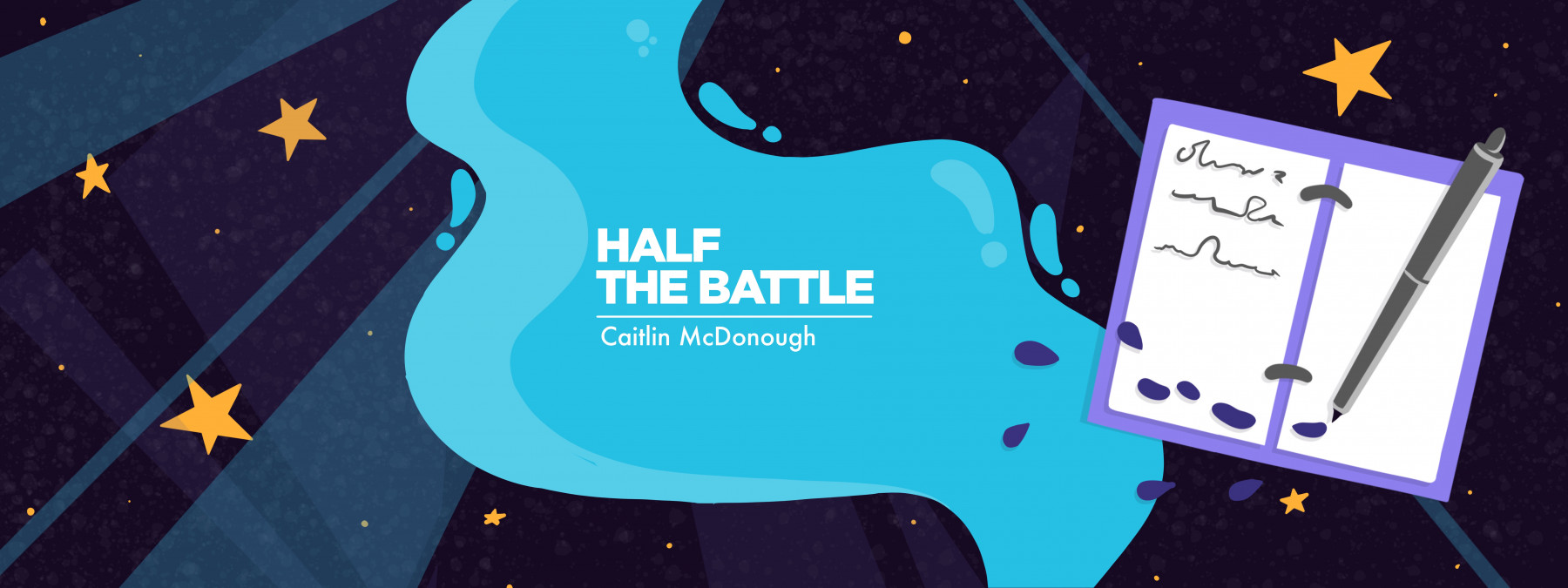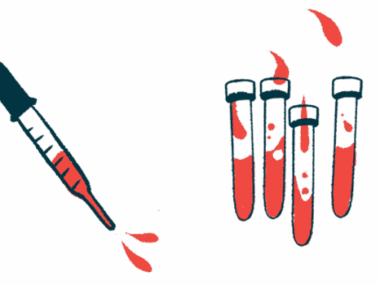Coping With the Changes That Often Accompany Cushing’s Disease
Written by |

Cushing’s disease causes a great deal of change, both physical and emotional. For some, these changes happen slowly over time, while for others, they’re more rapid. About four years passed between the onset of my symptoms and my diagnosis. The differences in how I felt were subtle, making it difficult to pinpoint what was going on.
One of the biggest struggles I’ve faced is my shifting view of myself and my body. With Cushing’s disease, my body became an unpredictable stranger that I no longer understood. Many changes, both visible and invisible, occurred as a result of my pituitary tumor.
When a new symptom appeared, I felt even more distant from the body I once knew. Activities I once enjoyed were no longer comfortable for me due to my symptoms and fear. I no longer felt up to walking, for example, due to fatigue.
It was difficult for me to adapt activities, including coping mechanisms, to suit my body’s needs. My mindset was all or nothing: If I couldn’t walk at least a mile, I couldn’t walk at all. Besides, I was so exhausted from scheduling doctors’ appointments, tracking symptoms, and following up on other health-related issues that everything else felt like a chore, including self-care.
Without the coping tools that once brought me joy and stress relief, I felt lost, and my mental health suffered. I wanted my life to go back to the way it was before Cushing’s, but that wasn’t realistic.
Even after I had transsphenoidal surgery to remove my pituitary tumor, I had trouble adjusting to my new normal and feeling comfortable in a body that still didn’t feel like my own.
As I began my recovery, it became important for me to find ways to honor myself and the body that had fought so hard. I can’t pinpoint an “aha” moment when I discovered this. My mindset just gradually changed over time, thanks to personal reflection and the support of my community.
I began to think about ways I could adapt some of my old coping tools so that they’d be safe and tolerable in my current body. Physical therapy was a great resource for learning practical ways to improve my muscle strength and function.
Returning to the basics — nutrition, sleep, and hydration — early on in my recovery allowed me to reintroduce self-care into my routine. Even basic needs can be difficult to navigate with a chronic illness, but my medical team and support system helped me through it.
Setting realistic goals helped me feel more in tune with my body, and reaching out to people in my online community helped me feel less lonely, especially when I was spending a lot of time at home. Virtual mental health resources have been invaluable, and writing about my experiences has helped me process what was happening and what my future might hold.
Because my future felt so uncertain, I decided to focus on celebrating small victories. As I healed, I slowly built on my basic routine. Most importantly, I learned to limit unrealistic expectations and remind myself that physical and mental challenges are part of recovery. It’s OK not to be OK, and it’s normal to struggle with all of the changes that can accompany chronic illness.
Honoring where I’ve been and focusing on where I’m at now have enabled me to process all of the changes I’ve experienced and adapt to my new normal.
Note: Cushing’s Disease News is strictly a news and information website about the disease. It does not provide medical advice, diagnosis, or treatment. This content is not intended to be a substitute for professional medical advice, diagnosis, or treatment. Always seek the advice of your physician or other qualified health provider with any questions you may have regarding a medical condition. Never disregard professional medical advice or delay in seeking it because of something you have read on this website. The opinions expressed in this column are not those of Cushing’s Disease News or its parent company, Bionews, and are intended to spark discussion about issues pertaining to Cushing’s.







Joe Pierce
The article describes the personal and emotional challenges of living with Cushing’s disease, including body changes, loss of familiar coping mechanisms, and the struggle to adjust to a "new normal." It highlights the importance of self-care, community support, and celebrating small victories in coping with chronic illness.
How can self-care strategies be adapted for chronic illness? What role does community support play in managing a chronic condition? How important are small victories in the recovery process? How can writing help in processing the experience of chronic illness?